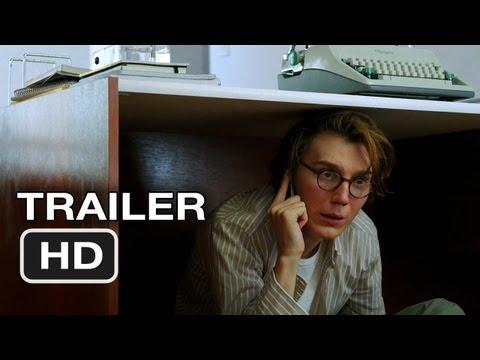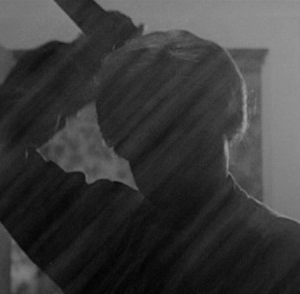Here comes the cinephile debate of the day: After polling 846 film experts, BFI’s Sight & Sound declared Alfred Hitchcock’s Vertigo to be the #1 greatest film of all time, topping Orson Welles’ Citizen Kane , Yasujirō Ozu’s Tokyo Story , and classics from Renoir, Murnau, Kubrick, and more of your favorite all-timers. It’s a triumph long in coming for the Hitchcock pic, which only first made Sight & Sound’s once-a-decade list in 1982 and has been working its way up the ranks of critical opinion since. Does the 2012 poll finally have it right? Culled from Top Ten lists from 846 critics, academics, writers, and programmers, Sight & Sound’s GOAT survey is at its widest to date. The full ten: The Critics’ Top 10 Greatest Films of All Time 1. Vertigo (Hitchcock, 1958) 2. Citizen Kane (Welles, 1941) 3. Tokyo Story (Ozu, 1953) 4. La Règle du jeu (Renoir, 1939) 5. Sunrise: a Song for Two Humans (Murnau, 1927) 6. 2001: A Space Odyssey (Kubrick, 1968) 7. The Searchers (Ford, 1956) 8. Man with a Movie Camera (Dziga Vertov, 1929) 9. The Passion of Joan of Arc (Dreyer, 1927) 10. 8 ½ (Fellini, 1963) Somewhere out there, Kim Novak is raising her fist in victory while William Friedkin – who told Movieline Citizen Kane set the bar for cinematic greatness so high, trying to match it is what keeps him going – is probably shaking his damn head. Meanwhile, 358 filmmakers were polled for a separate director’s choice, yielding some interesting differences in opinion: The Directors’ Top 10 Greatest Films of All Time 1. Tokyo Story (Ozu, 1953) 2. 2001: A Space Odyssey (Kubrick, 1968) and Citizen Kane (Welles, 1941) (tie) 4. 8 ½ (Fellini, 1963) 5. Taxi Driver (Scorsese, 1980) 6. Apocalypse Now (Coppola, 1979) 7. The Godfather (Coppola, 1972) and Vertigo (Hitchcock, 1958) (tie) 9. Mirror (Tarkovsky, 1974) 10. Bicycle Thieves (De Sica, 1948) It’s interesting to note the divide between critics’ and filmmakers’ ranking of Vertigo , which is a more populist-romantic choice in ways than Citizen Kane ; perhaps unsurprisingly, the directors’ list is much more auteur-heavy in its leanings. But let’s open this up to discussion: Is Vertigo really the best film of all time? (Is it even the best Hitchcock of all time?) Have at it in the comments below! Follow Jen Yamato on Twitter . Follow Movieline on Twitter .

Excerpt from:
Vertigo > Citizen Kane? Sight & Sound Declares the Greatest Film of All Time



























